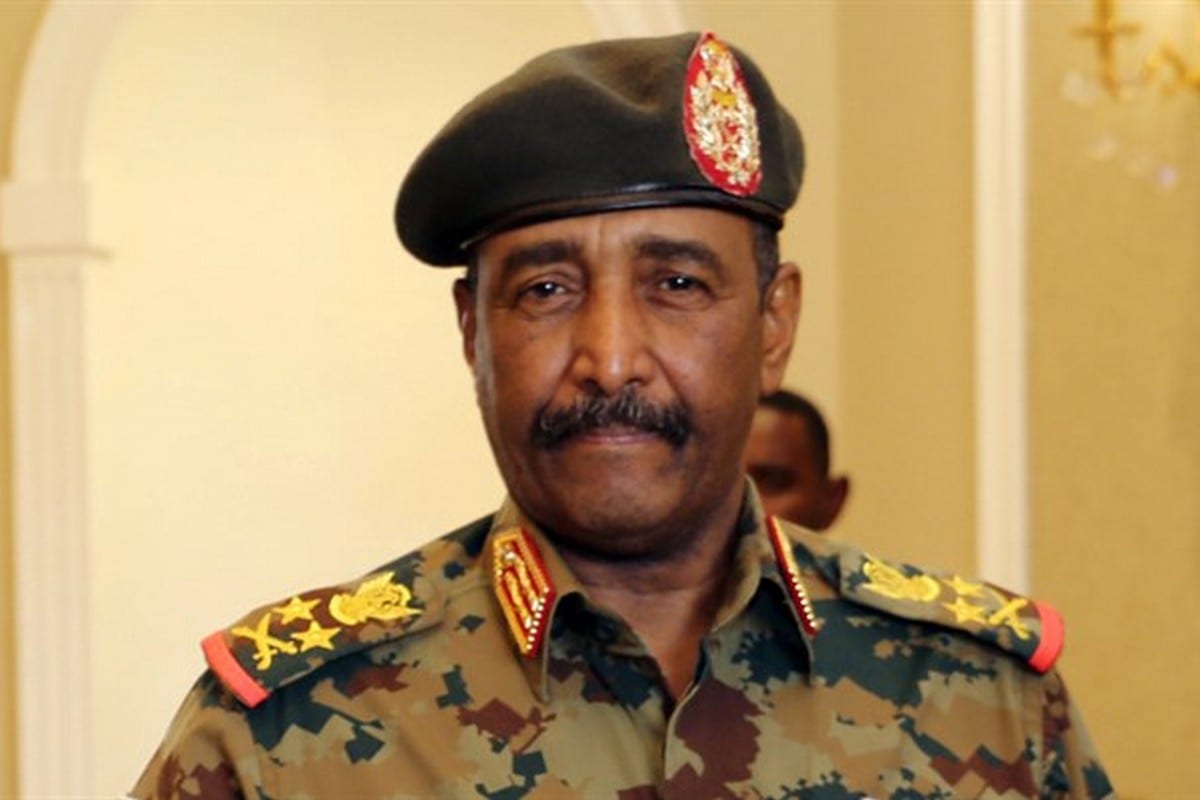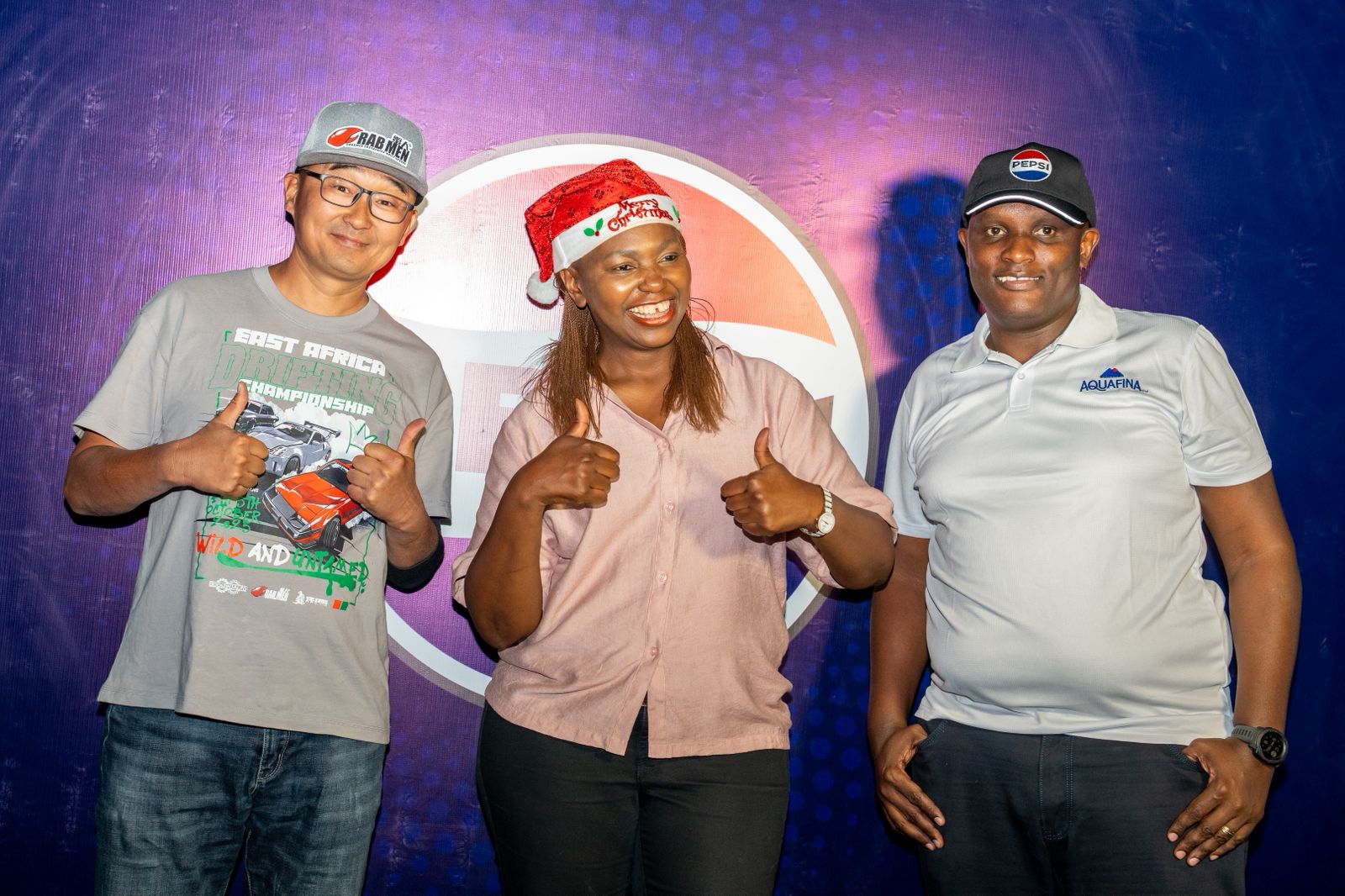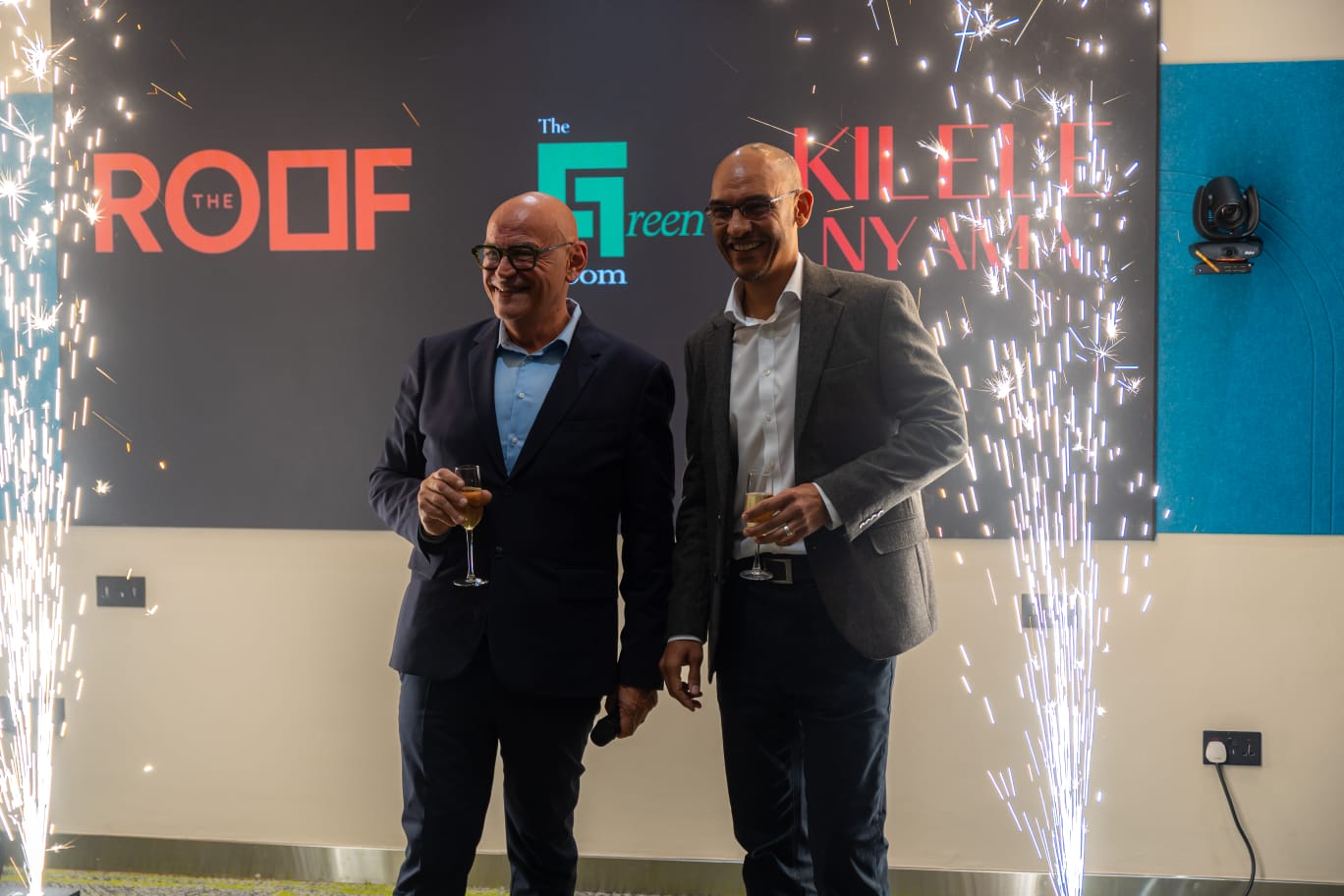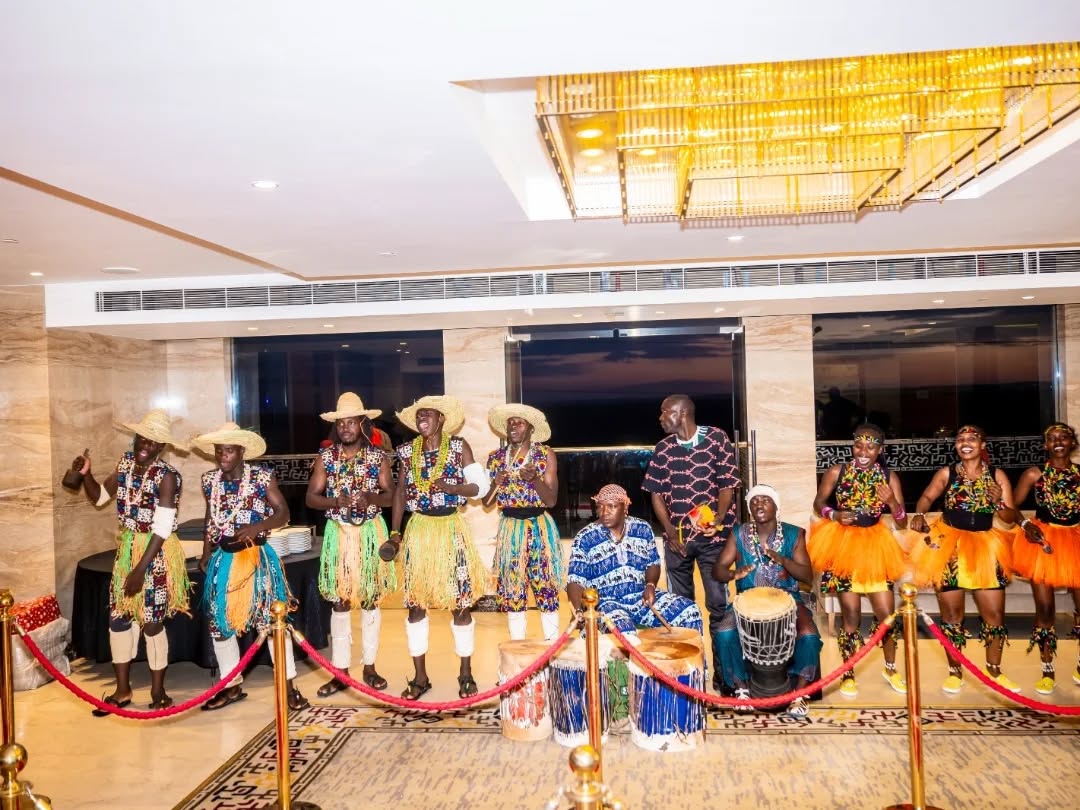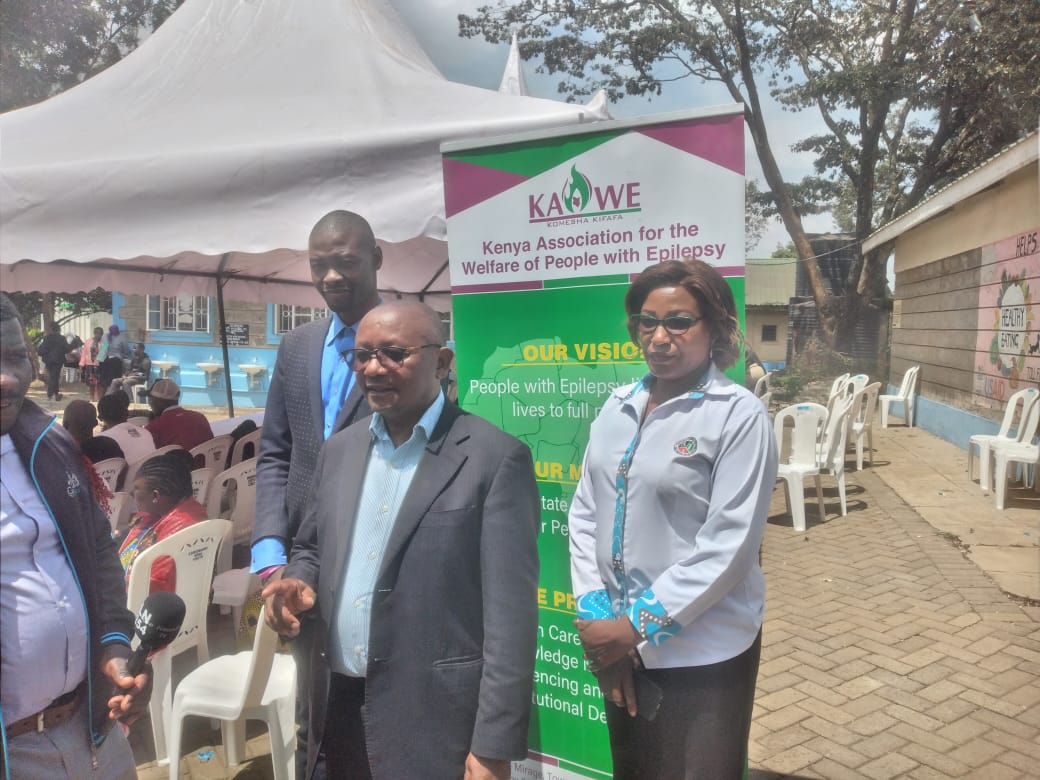
By Liz Anyango
When Mary Wanjiku walked into Kariobangi Social Hall with her teenage son, she carried more than medical files. She carried years of waiting, unanswered questions, and hope that this time, things might change. Her son has epilepsy, and like many others living with disabilities in Nairobi, getting registered for government support has been a long and exhausting journey.
On Tuesday, relief came a little closer. Medical teams from Nairobi County, in partnership with the Kenya Association for the Welfare of People with Epilepsy (KAWE), set up disability medical assessment camps in Kariobangi, Kasarani, Embakasi North, and Mambalusi. These camps are designed to help residents like Mary get through the medical assessment process that allows them to register with the National Council for Persons with Disabilities (NCPWD).
Registration is more than just paperwork. For many, it is the key to life-changing support—medication, assistive devices, and access to social programs that make everyday living less of a struggle.
By midday in Kariobangi, more than 160 people had already been assessed, with many more still waiting. A county occupational therapist coordinating the exercise explained: “Our aim is to bring services closer to the people. Once registered with NCPWD, individuals can access medication and support that help them live with dignity. No one should be left behind because of disability.”
To make services more inclusive, Nairobi County has introduced special service desks in health facilities. At some clinics, interpreters walk with hearing-impaired patients from the start to the finish of their medical journey, ensuring no one is lost in the process.
The outreach is part of a series of medical camps happening across the city. Earlier this week, Ngondro Health Centre in Kamulu hosted a similar exercise, and more are lined up for Kamukunji.
For epilepsy advocates and families alike, these efforts are about more than health—they are about breaking stigma and building hope. As Mary said after her son’s assessment, “For once, I feel seen. This gives me hope that his future will be different.”
With every camp, Nairobi edges closer to a city where disability is not a barrier to services, but a shared call for inclusion and compassion.


